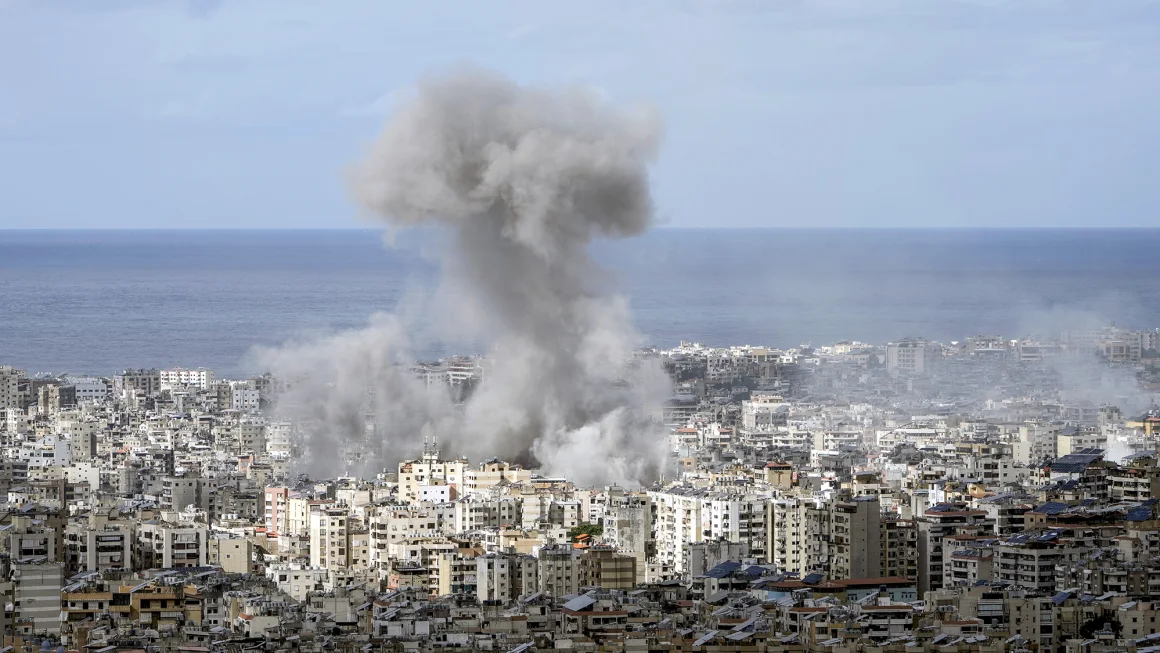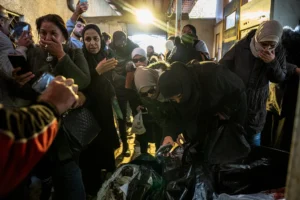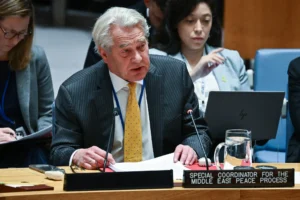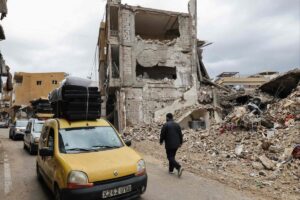The Israeli cabinet will vote on a ceasefire deal in Lebanon on Tuesday, Benjamin Netanyahu’s spokesperson told CNN, after a source familiar with the matter said the Israeli prime minister had approved the plan “in principle.”
By Cristin Dusks | Nov. 25, 2024 Updated 10:50 a.m. ET
Netanyahu signaled his potential approval for the emerging ceasefire with Hezbollah during a security consultation with Israeli officials Sunday night, the source said.
On Monday, his spokesperson told CNN the Israeli cabinet will vote on the proposed deal on Tuesday.
Israel still has reservations over some details of the agreement, which were expected to be transmitted to the Lebanese government on Monday, the source said.
Those and other details are still being negotiated and multiple sources stressed that the agreement will not be final until all issues are resolved.
Sources familiar with the negotiations said talks appear to be moving positively toward an agreement, but acknowledged that as Israel and Hezbollah continue to trade fire, one misstep could upend the talks.
United States envoy Amos Hochstein said in Beirut last week that a ceasefire deal between Israel and Lebanon was “within our grasp,” but that it was ultimately “the decision of the parties.”
He met Lebanese Prime Minister Najib Mikati and parliament speaker Nabih Berri, the interlocutor with Hezbollah in the talks and said there had been “constructive” and “very good discussions to narrow the gaps.”
“We have a real opportunity to bring conflict to an end,” he added last week. “The window is now.” He departed Lebanon for Israel on Wednesday to try to bring the negotiations “to a close.”
The US-backed proposal aims to achieve a 60-day cessation of hostilities that some hope could form the basis of a lasting ceasefire.
On Sunday, CNN analyst and Axios reporter Barak Ravid cited a source as saying Hochstein had told the Israeli ambassador to Washington on Saturday that if Israel did not respond positively in the coming days to the ceasefire proposal, he would withdraw from the mediation efforts.
Hochstein’s trip to the region followed Beirut responding “positively” to a US-backed proposal to stop the war, Mikati said last week, adding that large parts of the draft agreement were resolved.
Israel launched a major military offensive in Lebanon in mid-September following months of tit-for-tat border attacks which started on October 8 last year when Hezbollah attacked Israeli controlled territory in solidarity with Hamas and Palestinians in Gaza.
Since then, Israel has launched a ground invasion, killed a string of Hezbollah leaders – including one of its founders, Hassan Nasrallah – and injured thousands of people in an attack featuring exploding pagers.





What